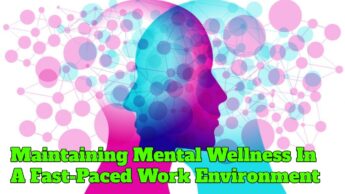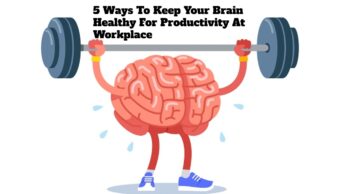You appear to be a smart worker who completes duties at breakneck speed if you have the ability to manage many projects at once.
However, the truth is frequently merely subpar performance and a lack of capacity to keep up. It achieves exactly the opposite of what it set out to. While focusing on one job at a time may be more productive, multitasking is sometimes considered helpful.
Building your concentration muscles and prioritizing clearly are the keys to success and productivity. Continue reading to find out more about the negative impacts of multitasking and easy habits to adopt.
Defining Multitasking
Multitasking is the process of doing many things at once. When someone multitasks, they are handling many tasks, shifting their attention from one activity to another, or working on two or more things at once.
Why Do We Feel That Multitasking Is Useful?
Because it is a regular part of our lives—we work, do housework, drop the kids off at school, and so on—we perceive multitasking as beneficial. Our brains aren’t built to handle several activities at once, according to neuroscientists.
The Productivity Effects of Multitasking
Multitasking has been shown to have a significant detrimental impact on the quality of treatment. When you multitask, your brain functions less effectively and efficiently, which lowers your productivity. The productivity of multitaskers might drop by as much as 40%.
It’s crucial to remember that when we multitask, our focus may be divided. Because of this, whether we’re in the middle of a conversation with our spouses and checking our phones, or if we’re multitasking in the kitchen, a youngster may feel neglected.
Also Read: 5 tips to be a master multitasker





